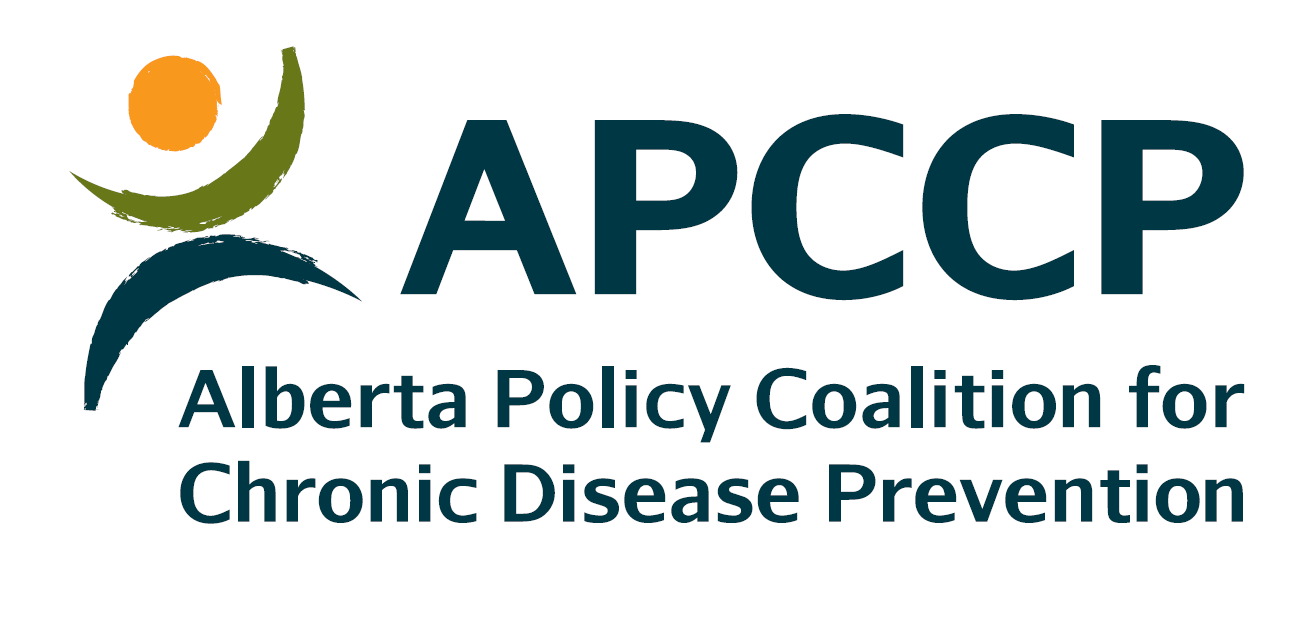
The impact of taxing sugar-sweetened beverages on health, body weight and consumption.
Issue
Sugar Sweetened Beverages (SSBs) are beverages that contain added sugar, corn syrup, or other caloric sweeteners, such as soda. Unlike other food and beverages, SSBs offer no nutritional value (1), and have been linked to increased risk of obesity, heart disease, hypertension, and diabetes (2 -7).
Recently, SSB taxes have emerged as a potential public health strategy to address obesity and diet-related chronic diseases. This brief summarizes findings from a number of reviews relevant to the impact of taxing or changing the price of SSBs on beverage consumption and body weight.
Key Findings
- Taxing or raising the price of SSBs may effectively reduce SSB consumption (8-10).
- Effectiveness of tax or price changes may be limited when they are applied only within specific settings, such as grocery stores or vending machines, as consumers have the ability to purchase these products at a lower price elsewhere (8).
- Taxing SSBs may help to improve population-level body weight (8, 10). However, the impact will likely depend on the size and type of tax that is applied (10).
- More research is needed to illustrate the link between taxation and price changes of SSBs, beverage consumption, and population body weight (8, 10).
To learn more about policies relevant to obesity prevention, we recommend visiting the Canadian Partnership Against Cancer (CPAC)’s Prevention Policies Directory.
The Directory is a freely-accessible online database of policies relating to cancer and chronic disease prevention, many of which address obesity prevention. It allows users to search by risk factor, jurisdiction, geographical location, and document type and provides summaries and direct access to policy documents.
Click Here to find policies related to healthy food policies and programs in the Prevention Policies Directory.
References
- Buhler S, Raine KD. Reducing consumption of sugar sweetened beverages: does taxation have a role? Current Issues: Dietitians of Canada Online Resource; 2010.
- Malik VS, Schulze MB, Hu FB. Intake of sugar-sweetened beverages and weight gain: a systematic review. American Journal of Clinical Nutrition. 2006 Aug;84(2):274-88.
- Vartanian LR, Schwartz MB, Brownell KD. Effects of soft drink consumption on nutrition and health: a systematic review and meta-analysis. American Journal of Public Health. 2007 Apr;97(4):667-75.
- Ludwig DS, Peterson KE, Gortmaker SL. Relation between consumption of sugar-sweetened drinks and childhood obesity: a prospective, observational analysis. The Lancet. 2001;357(9255):505-8
- Nicklas TA, Yang S-J, Baranowski T, Zakeri I, Berenson G. Eating patterns and obesity in children: The Bogalusa Heart Study. American Journal of Preventive Medicine. 2003;25(1):9-16.
- Welsh JA, Cogswell ME, Rogers S, Rockett H, Mei Z, Grummer-Strawn LM. Overweight Among Low-Income Preschool Children Associated With the Consumption of Sweet Drinks: Missouri, 1999-2002. Pediatrics. 2005 February 1, 2005;115(2):e223-9.
- Woodward-Lopez G, Kao J, Ritchie L. To what extent have sweetened beverages contributed to the obesity epidemic? Public Health Nutr. 2010 Sep 23:1-11.
- Escobar MAC, Veerman JL, Tollman SM, Bertram MY, Hofman KJ. Evidence that a tax on sugar sweetened beverages reduces the obesity rate: a meta-analysis. Bmc Public Health. 2013 Nov 13;13.
- Eyles H, Ni Mhurchu C, Nghiem N, Blakely T. Food pricing strategies, population diets, and noncommunicable disease: a systematic review of simulation studies. PLoS Med. 2012;9(12):e1001353.
- Powell LM, Chriqui JF, Khan T, Wada R, Chaloupka FJ. Assessing the potential effectiveness of food and beverage taxes and subsidies for improving public health: a systematic review of prices, demand and body weight outcomes. Obes Rev. [Review]. 2013 Feb;14(2):110-28.




